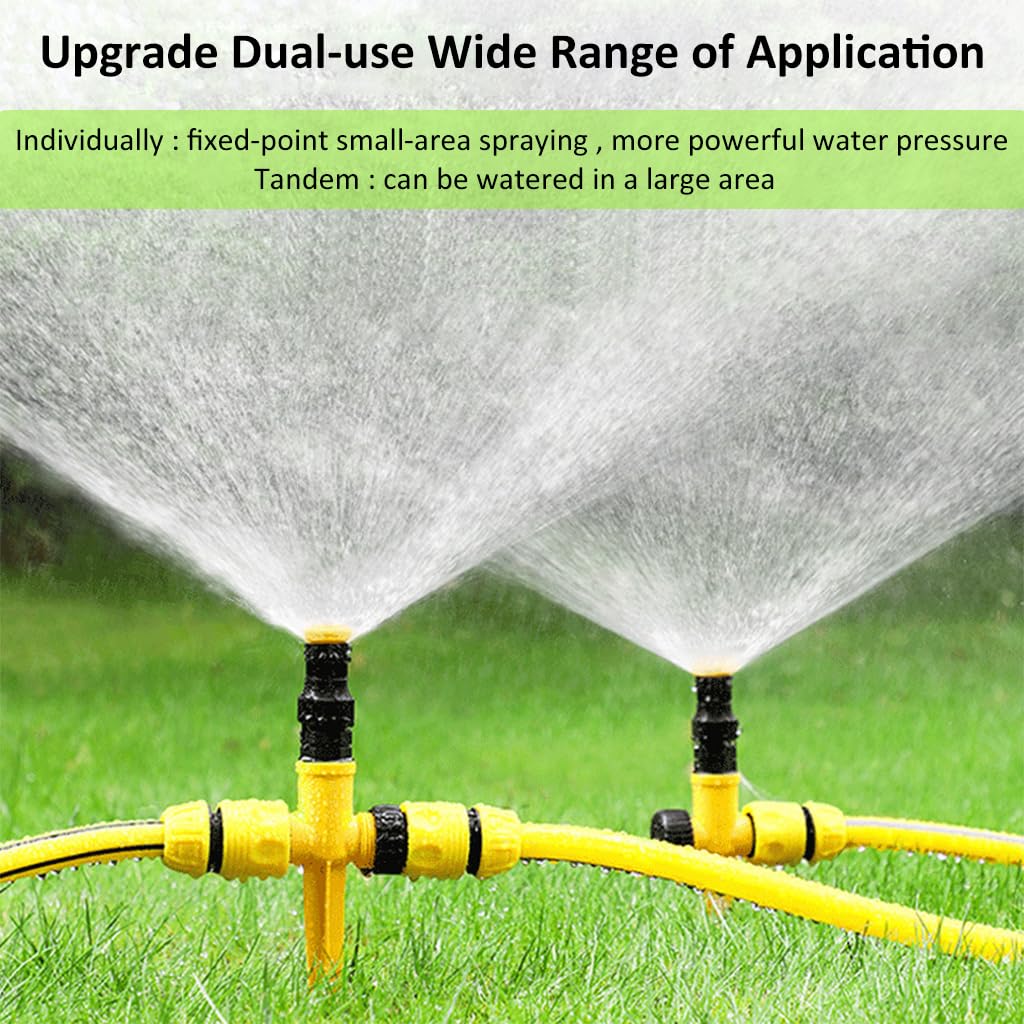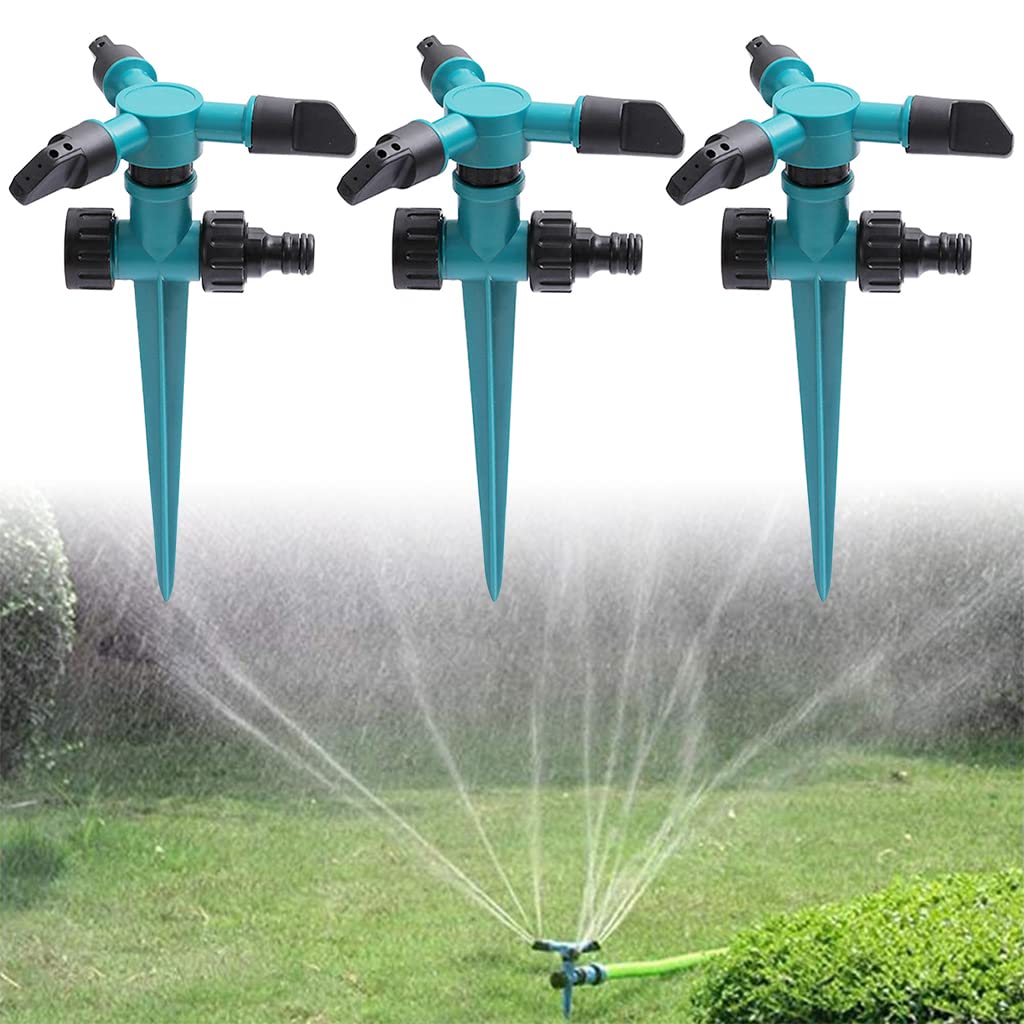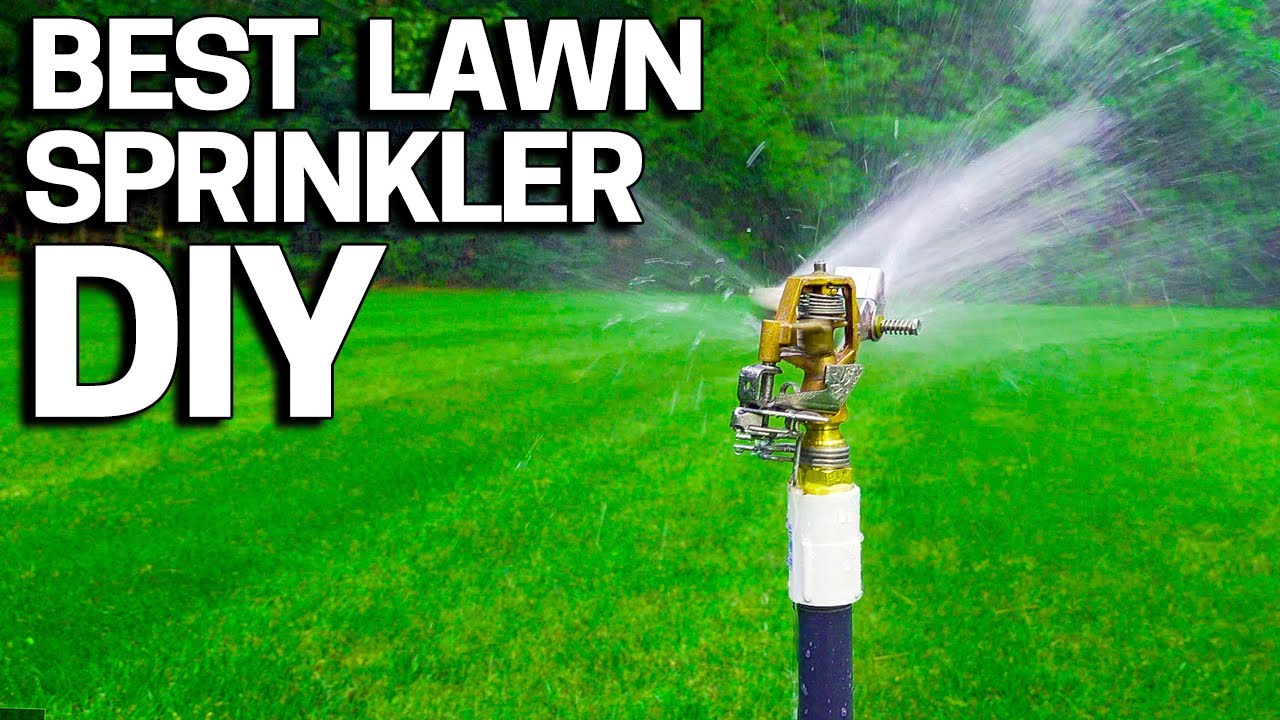Selecting the right irrigation sprinkler system can be a game-changer for maintaining a lush lawn or ensuring crop productivity on a farm. With so many options available, it’s essential to understand your specific needs and how different systems work. This guide will walk you through the process of choosing the best irrigation sprinkler system tailored to your requirements.

Factors to Consider Before Choosing
1. Area Size
The size of the area you want to irrigate directly impacts the type of sprinkler system you should choose.
- Small areas: Fixed spray sprinklers or drip irrigation systems work well.
- Medium to large areas: Rotor sprinklers or impact sprinklers are ideal.
2. Water Availability and Pressure
- Low water pressure: Opt for drip irrigation or bubblers.
- High water pressure: Rotor or impact sprinklers provide optimal performance.
3. Plant Type and Layout
- Lawns: Rotor or fixed spray heads.
- Flower beds and gardens: Drip irrigation or micro-sprayers.
- Trees and shrubs: Bubblers or deep-root watering systems.
4. Climate and Soil Type
- Arid climates: Use systems with efficient water distribution, like drip irrigation.
- Sandy soils: Frequent, low-volume irrigation is preferable.
- Clay soils: Slower, longer watering cycles prevent waterlogging.
Types of Irrigation Sprinkler Systems
Here are the most popular systems and their uses:
1. Drip Irrigation Systems
- How It Works: Water is delivered directly to the base of plants through tubes or emitters.
- Best for: Flower beds, vegetable gardens, and trees.
- Pros:
- Highly water-efficient.
- Reduces weed growth by targeting roots.
- Cons:
- Installation can be labor-intensive.
- Emitters can clog without proper maintenance.
2. Fixed Spray Systems
- How It Works: Sprinklers spray water in a fixed pattern, covering small to medium areas.
- Best for: Lawns and small garden areas.
- Pros:
- Easy to install.
- Consistent coverage.
- Cons:
- Prone to water wastage due to overspray.
3. Rotor Sprinklers
- How It Works: Rotates to spray water evenly over large areas.
- Best for: Lawns, sports fields, and large gardens.
- Pros:
- Covers a wide radius.
- Even water distribution.
- Cons:
- Requires higher water pressure.
- Initial cost can be higher.

4. Impact Sprinklers
- How It Works: A hammering mechanism sprays water in a circular pattern.
- Best for: Farms, orchards, and uneven terrains.
- Pros:
- Durable and weather-resistant.
- Adjustable spray distance and pattern.
- Cons:
- Noisy during operation.
5. Smart Irrigation Systems
- How It Works: These systems use sensors and timers to optimize water usage.
- Best for: Tech-savvy homeowners and large-scale farms.
- Pros:
- Saves water by adjusting to weather conditions.
- Convenient and low maintenance.
- Cons:
- High upfront cost.
Comparison Table
| System Type | Best For | Advantages | Challenges |
|---|---|---|---|
| Drip Irrigation | Gardens, trees | Water-efficient, weed control | Labor-intensive installation |
| Fixed Spray Systems | Lawns, small areas | Easy setup, consistent coverage | Prone to overspray |
| Rotor Sprinklers | Large lawns, sports fields | Wide coverage, even watering | Requires high water pressure |
| Impact Sprinklers | Farms, uneven terrains | Durable, adjustable patterns | Noisy, maintenance-intensive |
| Smart Irrigation | All-purpose | Weather-adjusted, water-saving | Expensive upfront investment |
Installation Tips
- Measure the Area: Determine the exact dimensions of the lawn or farm to avoid over or under-irrigation.
- Plan Zoning: Divide your area into zones based on plant types and water requirements.
- Use Filters: Prevent clogging in drip systems by installing quality filters.
- Follow Manufacturer Guidelines: Each system has unique installation steps; adhere to them for optimal performance.
User Experiences
Anna, Urban Gardener: “Switching to a drip irrigation system revolutionized my gardening. My plants are thriving, and I’ve cut my water usage by half.”
David, Farmer: “Impact sprinklers are perfect for my uneven fields. They’re durable and handle rough conditions well.”
Lila, Homeowner: “The smart irrigation system was pricey, but the convenience and savings on my water bill made it worth it.”

Conclusion
The ideal irrigation sprinkler system depends on your specific needs, such as the area size, water availability, and types of plants. By evaluating these factors and understanding the pros and cons of each system, you can make an informed decision.
A well-chosen irrigation system not only conserves water but also ensures the health and productivity of your lawn or farm. Invest wisely and enjoy the benefits of efficient watering for years to come!





